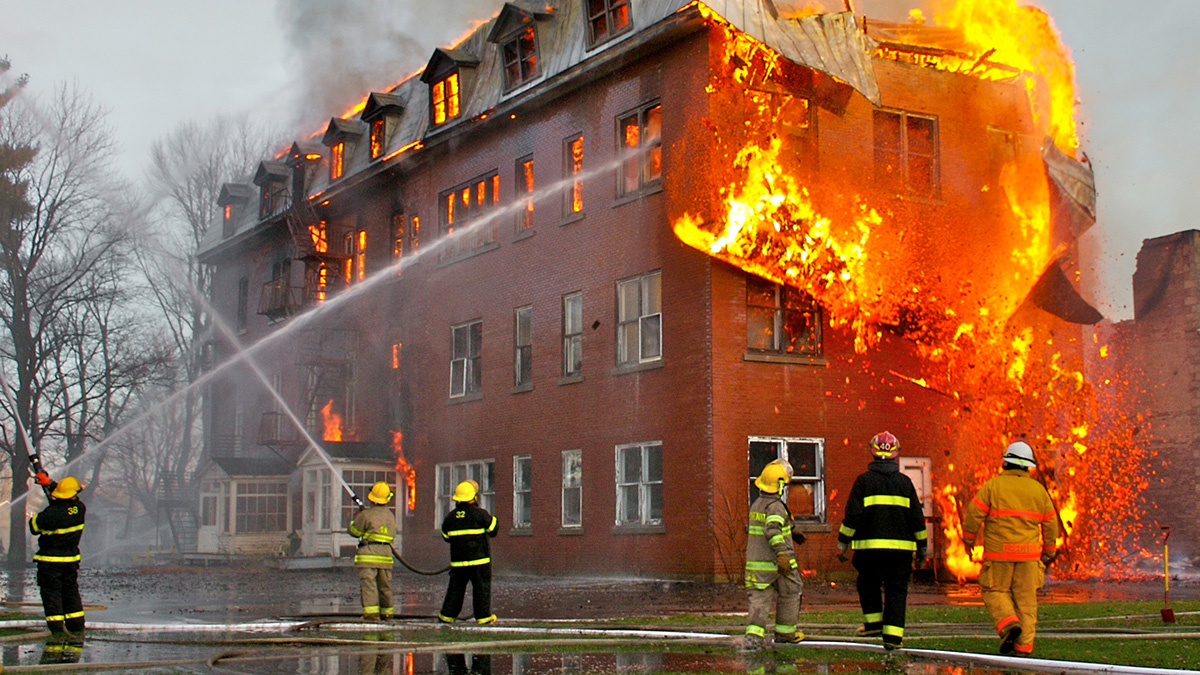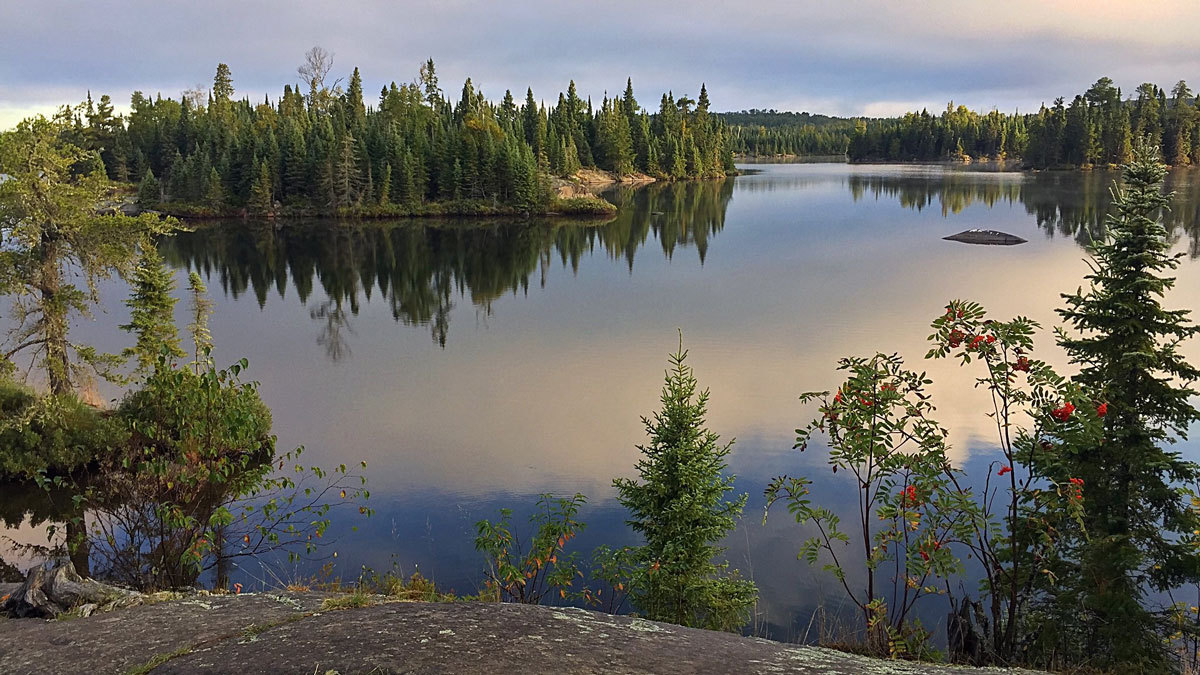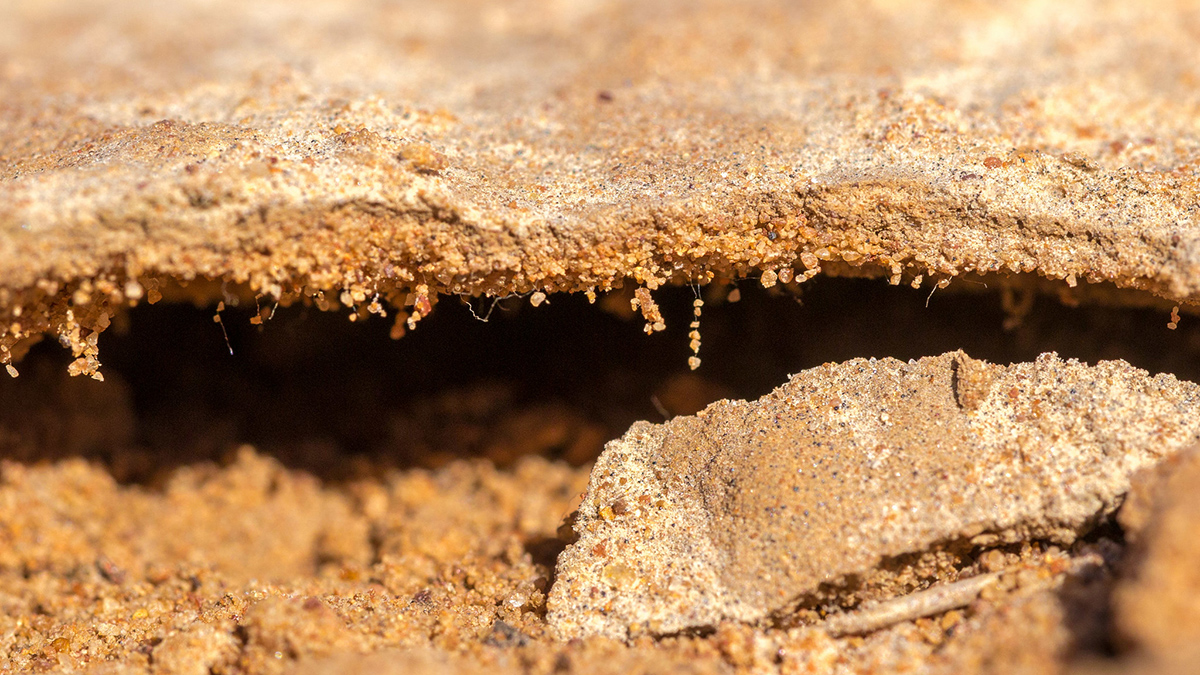Rice plants are a big source of methane, an extremely potent greenhouse gas. Scientists just developed a strain that cuts those emissions by 70 percent.
partner content
Home Foundations Are Crumbling. This Mineral Is to Blame.
Pyrrhotite causes cracks in concrete. But research on how widespread the issue might be has only scratched the surface.
Why Wildfires Started by Humans, Cars and Power Lines Can Be More Destructive and Harder to Contain
While climate change sets the stage for larger and more intense fires, humans are actively fanning the flames.
The Five States Where Environmental Ballot Initiatives Triumphed
Across the country, voters approved spending billions of dollars on climate resilience and conservation.
On the Wisconsin-Iowa Border, the Mississippi River Is Eroding Sacred Indigenous Mounds
A multimillion-dollar bank stabilization project could protect historic sites dating back thousands of years.
The Dirt on Biocrusts: Why Scientists Are Working to Save Earth’s Living Skin
Think twice before stepping on that crunchy top layer of soil. It may be a vital ecosystem—one that you can help protect.
“How Did We Miss This for So Long?” The Link Between Extreme Heat and Preterm Birth
Heat waves are making pregnancy more dangerous and exacerbating existing maternal health disparities.
Rain Comes to the Arctic, With a Cascade of Troubling Changes
Rain used to be rare in the Arctic, but as the region warms, so-called rain-on-snow events are becoming more common. The rains accelerate ice loss, trigger flooding, landslides, and avalanches, and create problems for wildlife and the Indigenous people who depend on them.
Planting Trees May Not Be as Good for the Climate as Previously Believed
The climate benefits of trees storing carbon dioxide is partially offset by dark forests’ absorption of more heat from the Sun, and compounds they release that slow the destruction of methane in the atmosphere.
La Luna es incluso más antigua de lo que los científicos pensaban
¿Cómo se formó la Luna y cuántos años tiene? La datación más precisa hasta el momento del satélite más grande de la Tierra determinó que es mucho más antigua de lo que se pensaba previamente.










